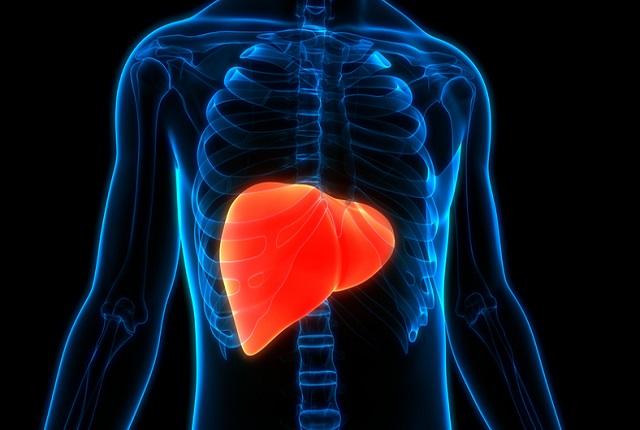
New drug offers hope to patients with severe liver disease
Nonalcoholic fatty liver disease is the chief driver of liver failure and transplants in the United States.Media Contact: Email mediarelations@uw.edu

This month, the Food and Drug Administration approved the first drug that can reverse fat buildup and inflammation associated with nonalcoholic fatty liver disease — one of the chief drivers of liver failure and the need for liver transplants in the United States.
The drug, resmetirom, has also been shown in clinical trials to reduce scar tissue, or fibrosis, in the liver and to lower cholesterol levels in patients with the progressive form of nonalcoholic fatty liver disease, recently renamed metabolic dysfunction-associated steatohepatitis (MASH).
“This is a really big deal for patients and doctors who are looking at treatment options for MASH,” said Dr. Rotonya Carr, head of the University of Washington School of Medicine Division of Gastroenterology.
MASH has often been associated with obesity and diabetes in patients, and can lead to cirrhosis, liver failure and even liver cancer if left untreated. Roughly 5% of U.S. adults have MASH, according to the American Liver Foundation.
Developed by Madrigal Pharmaceuticals, the drug will be marketed as Rezdiffra, but it is not yet available. At an estimated cost of $40,000 to $50,000 per year, most patients would not be able to afford this treatment unless health insurance companies provide coverage.
Still, FDA approval of the drug is a major milestone, Carr said, since MASH was first recognized as a condition in 1849.
Resmetirom has the potential to address a significant unmet medical need, she added, as current treatments have limited effectiveness and MASH’s global prevalence is growing amid increasing rates of obesity, insulin resistance, and metabolic syndrome.
“It’s not that we didn’t have any way to help before this drug,” Carr said. Most existing strategies involve encouraging weight loss or bariatric surgery. But patients often find it hard to adhere to diet regimens, and researchers have discovered that obesity is a much more complex disease than first thought decades ago.
In addition, “there hasn’t been a specific treatment until now that targets the liver and the scarring,” she said.
Resmetirom works by targeting specific thyroid hormone receptors involved in regulating fat metabolism in the liver — and does so without affecting thyroid hormone levels elsewhere in the body. This targeted approach potentially reduces the risk of side effects associated with traditional thyroid hormone treatments.
The drug, Carr noted, tells receptors in the liver to start breaking down fat, although it’s unclear just how it also reduces scarring and inflammation. While the drug is approved for adults, it is not for patients under 18 years of age. That’s the next step in research, Carr said, as 1 in 10 children now have this type of liver disease.
“By the time they reach adulthood, they can have a pretty advanced stage of the disease,” she said.
UW Medicine is a study site for clinical trials for adult patients with cirrhosis and MASH. Find more information on these trials.
For details about UW Medicine, please visit https://uwmedicine.org/about.
Tags:liver